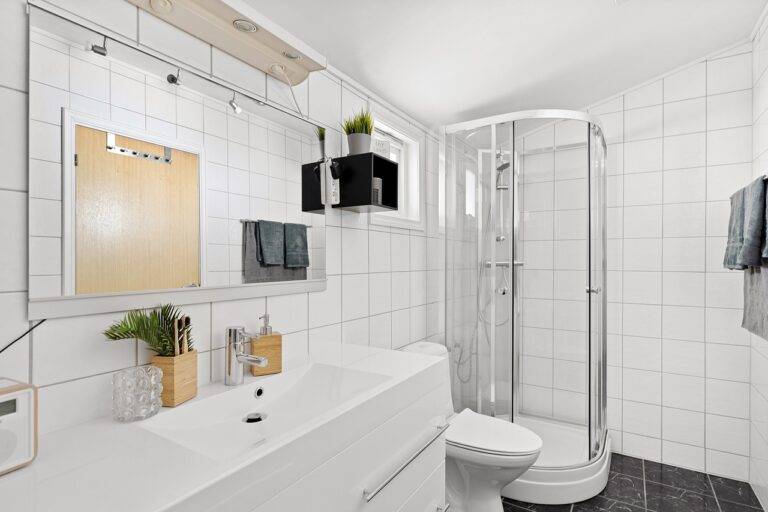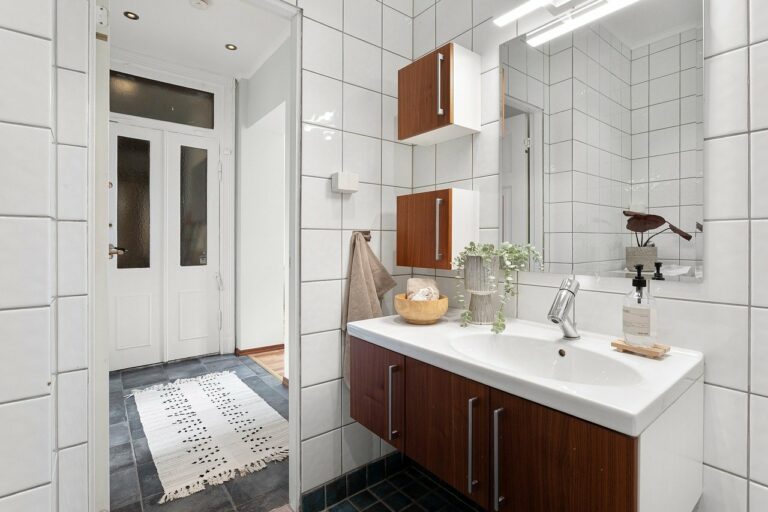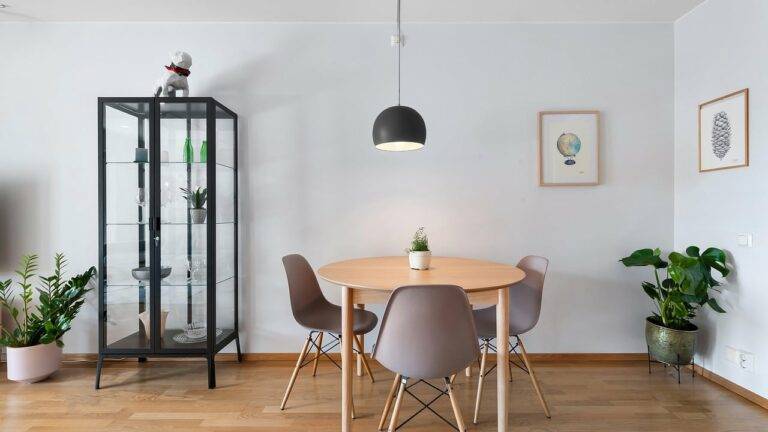How to Choose the Best Ventilation System Filters: All pannel.com, Cricket bet99, Lotus365 vip login
all pannel.com, cricket bet99, lotus365 vip login: Choosing the best ventilation system filters for your home or office can make a significant difference in the quality of air you breathe. With so many options available in the market, it can be overwhelming to know which one is the right choice for your specific needs. In this article, we will guide you through the process of selecting the best ventilation system filters to ensure the air in your space is clean and healthy.
1. Understand Your Needs: Before you start shopping for ventilation system filters, it’s essential to understand your specific needs. Are you looking to remove allergens, dust, pet dander, or odors from the air? Different filters are designed to target different contaminants, so knowing what you’re trying to eliminate will help you narrow down your options.
2. Consider the Filter Type: There are several types of ventilation system filters available, including fiberglass, pleated, HEPA, electrostatic, and activated carbon filters. Each type has its advantages and is suitable for different purposes. For example, HEPA filters are excellent for removing microscopic particles, while activated carbon filters are effective at eliminating odors.
3. Check the MERV Rating: The Minimum Efficiency Reporting Value (MERV) is a rating system that measures the effectiveness of air filters. Filters with higher MERV ratings can capture smaller particles, but they may also restrict airflow. Consider your specific needs and the air quality in your space when choosing a filter with the appropriate MERV rating.
4. Size Matters: It’s crucial to choose ventilation system filters that are the correct size for your system. Filters that are too small or too large can allow contaminants to bypass the filter and circulate in the air. Check the dimensions of your current filter or consult your system’s manual to determine the correct size.
5. Consider Maintenance: Some filters are reusable and can be cleaned and reinstalled, while others need to be replaced regularly. Consider the maintenance requirements of each filter type when making your selection. Reusable filters may require additional time and effort for cleaning, but they can save you money in the long run.
6. Compare Prices: Finally, compare the prices of different ventilation system filters to find one that fits your budget. Keep in mind that higher-priced filters may offer better performance and durability, but they may not always be necessary depending on your specific needs.
FAQs:
1. How often should I replace my ventilation system filter?
It is recommended to replace your ventilation system filter every 3-6 months, depending on the filter type and your indoor air quality.
2. Can I use a filter with a higher MERV rating than recommended for my system?
Using a filter with a higher MERV rating than recommended can restrict airflow and strain your system. Stick to the manufacturer’s guidelines for the best performance.
3. Are reusable filters better than disposable filters?
Reusable filters can be a cost-effective option in the long run, but they require regular cleaning and maintenance. Disposable filters are more convenient but may end up costing more over time.
Choosing the best ventilation system filters is essential for maintaining clean and healthy indoor air quality. Consider your specific needs, filter type, MERV rating, size, maintenance requirements, and budget when making your selection. By following these guidelines, you can ensure that the air in your space is free from contaminants and safe to breathe.







